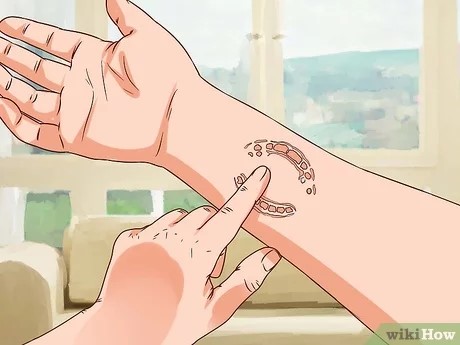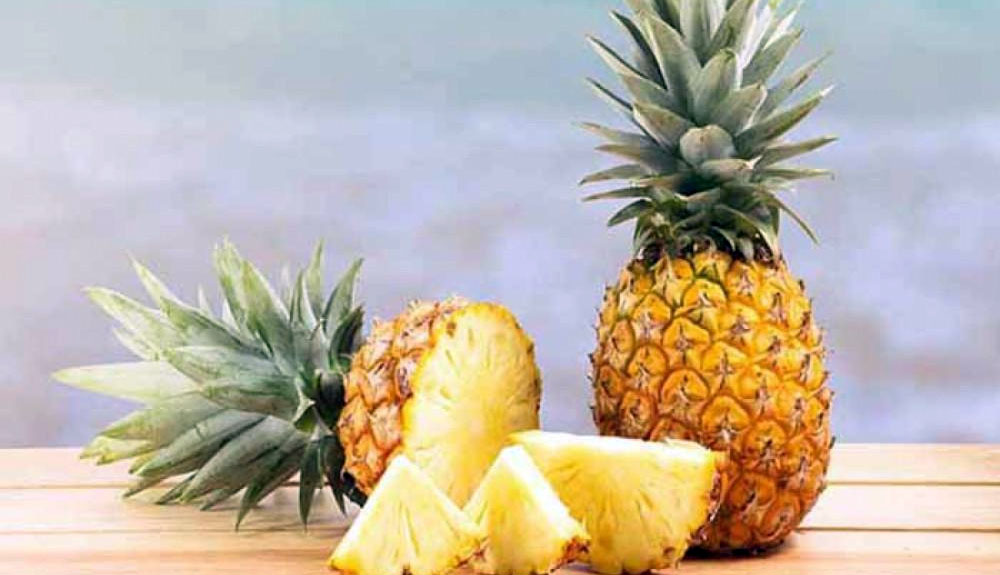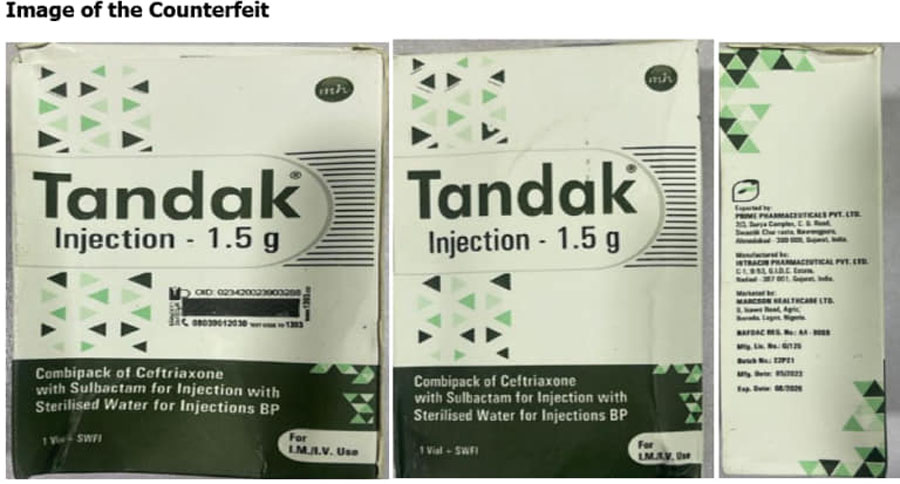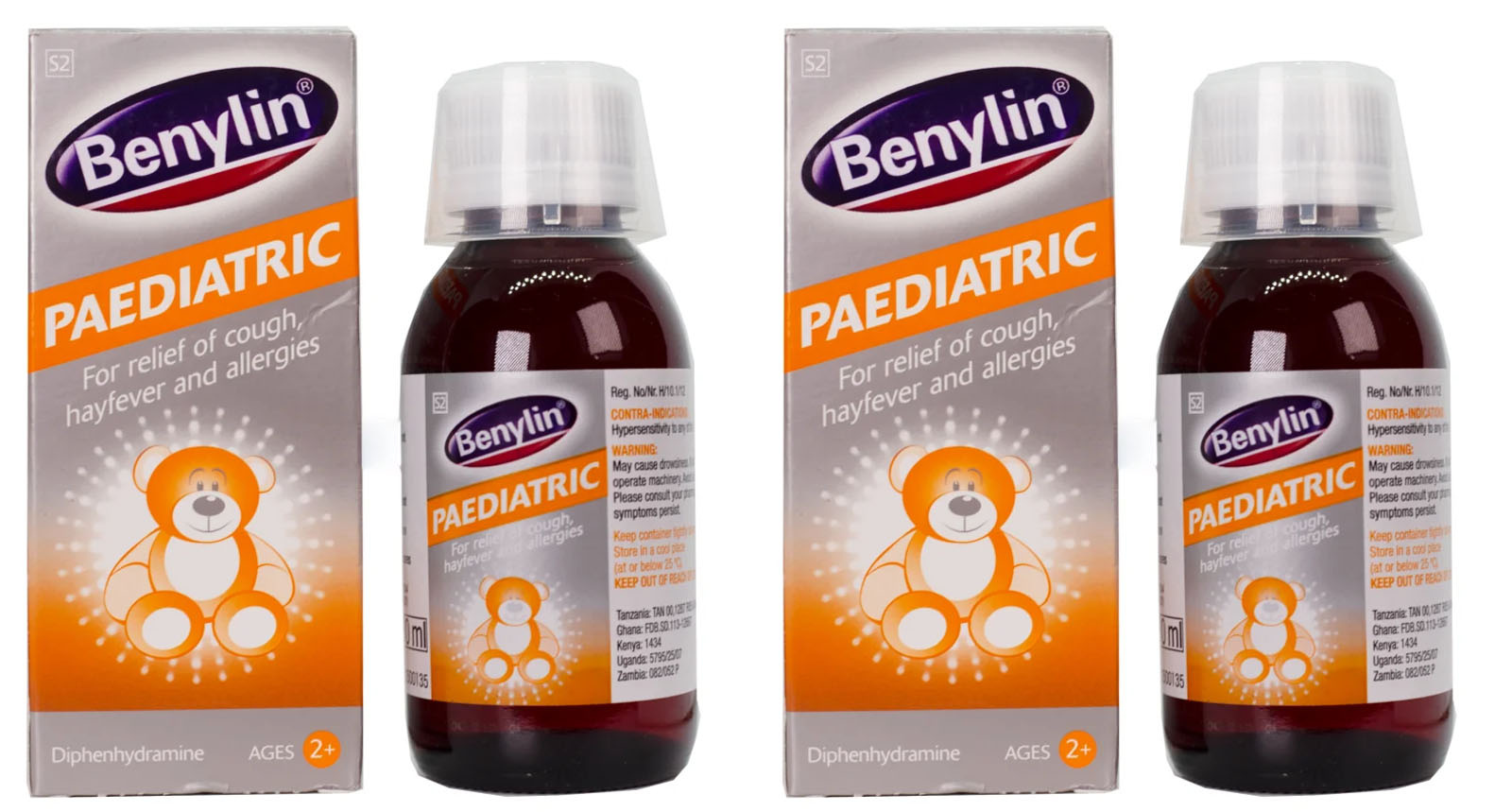A consultant oral and maxillofacial surgeon, Dr. Akanbi Olojede, says human bite could be potentially dangerous and should be treated with urgency to avoid life-threatening infection from microorganism or tetanus.
This is corroborated by experts at online health portal, Mayo Clinic; and scientists at the Cleveland Clinic, Ohio, USA.
Olojede noted that even if a bite victim had taken a tetanus injection before the incident, a booster injection should be administered to reduce the risk of tetanus infection.
Speaking in an interview with our correspondent, the consultant warned that there is no cure for tetanus, but that effort could only be made to manage complications that might arise until effects of the tetanus toxin wear off.
“If the booster injection is not taken, the human bite wound risks having superimposed infection due to the array of microorganisms present in saliva,” he stated.
Continuing, Olojede said, “Tetanus infection, which is also known as ‘lockjaw,’ can lead to painful muscle contractions, particularly of the jaw and neck muscles. It can cause respiratory distress that could lead to the bite victim’s death.
“Tetanus booster shot should be administered. Aside from cleaning the wound with strong antiseptic, and dressing it, the victim should be given antibiotics medication to protect against secondary infection by other bacteria.”
According to Mayo Clinic, human bites can be as dangerous as or even more dangerous than animal bites because of the types of bacteria and viruses contained in the human mouth. Human bites that break the skin can become infected, the portal adds.
It advised that a victim of human teeth bite should seek emergency medical care, adding, “If you haven’t had tetanus injection within five years, your doctor may recommend a booster. In this case, get the booster injection within 48 hours of the injury.”
Again, experts at Cleveland Clinic say that complications from a human bite can be very serious, including severe infection and permanently damaged bones, joints and/or tendons.
“It’s unlikely that a human bite will be fatal, especially if you seek out proper medical care, particularly around the infection,” the clinic counsels.
According to Wounds, a peer-reviewed journal focusing on wound care and wound research, human bites are the third most common bite wound diagnosed in emergency departments, after dog and cat bites.
It noted that management of human bite can be challenging, given the high risk of infection associated with multi-organism-rich oral flora.
Recognition and early aggressive treatment are essential steps in preventing infections and other associated complications, the journal emphasised.
Also, Medscape, a website providing access to medical information for clinicians, states that approximately 10-15 percent of human bite wounds become infected owing to multiple factors.
“The bacterial inoculum of human bite wounds contains as many as 100 million organisms per milliliter and is made up of as many as 190 different species. Many of these are anaerobes that flourish in the low redox environment of tartar that lies between human teeth or in areas of gingivitis.”
The portal notes that most injuries due to human bites involve the hands. “Hand wounds, regardless of the etiology, have a higher rate of infection than do those in other locations,” it stated; noting that infections associated with human bites are often far advanced by the time they receive appropriate care.
“Patients often wait until infection is well established before seeking medical treatment,” the portal laments.
Olojede, however, said that humans don’t have venom. “Basically, it is not an emergency per se. Human bite can’t be classified as being venomous or likened to a bite by dangerous animals.
“The most important thing is, what extent of damage has the bite inflicted on the victim and the intensity?
“But where danger comes in is when someone completely bites off the ear, upper or lower lip of an individual and spits it out, and some will go to the extent of swallowing it.
“In this case, the aim of the assailant is to disfigure the victim, which is causing grievous bodily harm. Such bites can be quite dangerous because of the bleeding that will occur.
“Such individuals should also be given pain killer because human bite could be very painful and unbearable by the following day, especially when it is deep and big.
“The risk of secondary infection is also high, but not the type that can lead to death. Nevertheless, treatment should commence immediately, beginning with a tetanus booster,” he emphasised.
Olojede, a former President, Nigerian Dental Association, further explained that the human mouth contains normal oral flora or bacteria, the absence of which can lead to death.
He said, “If we don’t have them, there is no way we can survive. We have them in our stomach, large and small intestines, and they have their functions. Someone without these organisms will come down with some terrible illness that can kill.”
According to News Medical Life Science, over 700 bacterial species co-inhabit healthily in the human mouth, and exist at diverse locations in the mouth, including hard palate, soft palate, teeth, tongue, and tonsillar areas.
It explained that most of the microorganisms that inhabit the oral cavity live in symbiotic relationship – where both the host and guest co-exist mutually for the benefit of each other.
Related































